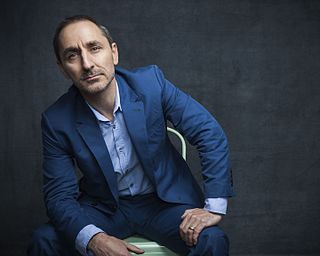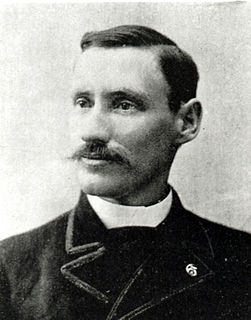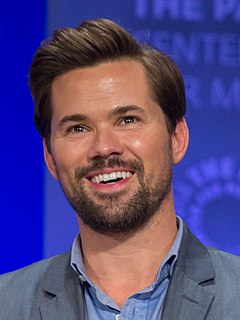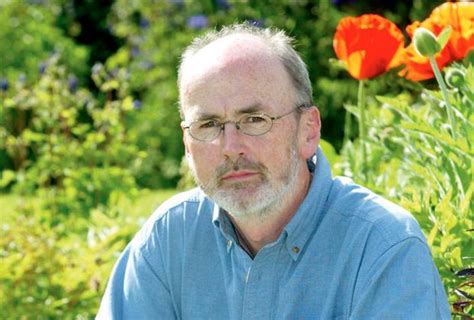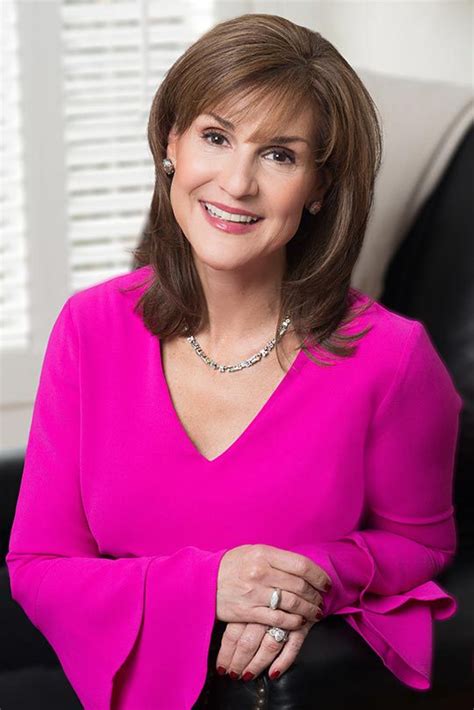A Quote by Jeffrey Tambor
I'm interested in people's stories, so I decided to tell part of mine.
Related Quotes
What does it matter, if we tell the same old stories? ...Stories tell us who we are. What we’re capable of. When we go out looking for stories we are, I think, in many ways going in search of ourselves, trying to find understanding of our lives, and the people around us. Stories, and language tell us what’s important.
I first studied to be a preacher, but decided that I was too prone to tell big stories. Then I studied Blackstone for a while and soon learned that I was not adept enough at prevarication to make a successful lawyer. I then made up my mind that I would seek some field where I could tell big stories and tell the truth.
The very act of story-telling, of arranging memory and invention according to the structure of the narrative, is by definition holy. We tell stories because we can't help it. We tell stories because we love to entertain and hope to edify. We tell stories because they fill the silence death imposes. We tell stories because they save us.
We can tell people abstract rules of thumb which we have derived from prior experiences, but it is very difficult for other people to learn from these. We have difficulty remembering such abstractions, but we can more easily remember a good story. Stories give life to past experience. Stories make the events in memory memorable to others and to ourselves. This is one of the reasons why people like to tell stories.
When we die, these are the stories still on our lips. The stories we’ll only tell strangers, someplace private in the padded cell of midnight. These important stories, we rehearse them for years in our head but never tell. These stories are ghosts, bringing people back from the dead. Just for a moment. For a visit. Every story is a ghost.
Every woman should have a daughter to tell her stories to. Otherwise, the lessons learned are as useless as spare buttons from a discarded shirt. And all that is left is a fading name and the shape of a nose or the color of hair. The men who write the history books will tell you the stories of battles and conquests. But the women will tell you the stories of people's hearts.
Remember, this is back in the '40s, and the idea of a museum being a place where interested people could come in direct contact with works hadn't arrived on the scene yet. That, I think, I first ran into at the Freer Gallery in Washington, D.C., where a man named Marty [Martin] Amt decided that he really felt his job - part of his job, as an assistant [to the] director was to make the collection available to interested people.

